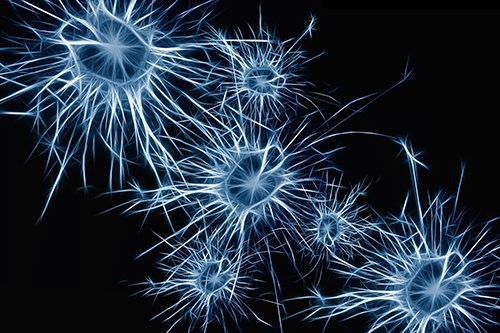
In pausing to think before making an important decision, we may imagine the potential outcomes of different choices we could make. While this “mental simulation” is central to how we plan and make decisions in everyday life, how the brain works to accomplish this is not well understood.
An international team of scientists has now uncovered neural mechanisms used in planning. Its results, published in the journal Nature Neuroscience, suggest that an interplay between the brain’s prefrontal cortex and hippocampus allows us to imagine future outcomes in order to guide our decisions.
“The prefrontal cortex acts as a ‘simulator,’ mentally testing out possible actions using a cognitive map stored in the hippocampus,” explains Marcelo Mattar, an as...
Read More









Recent Comments